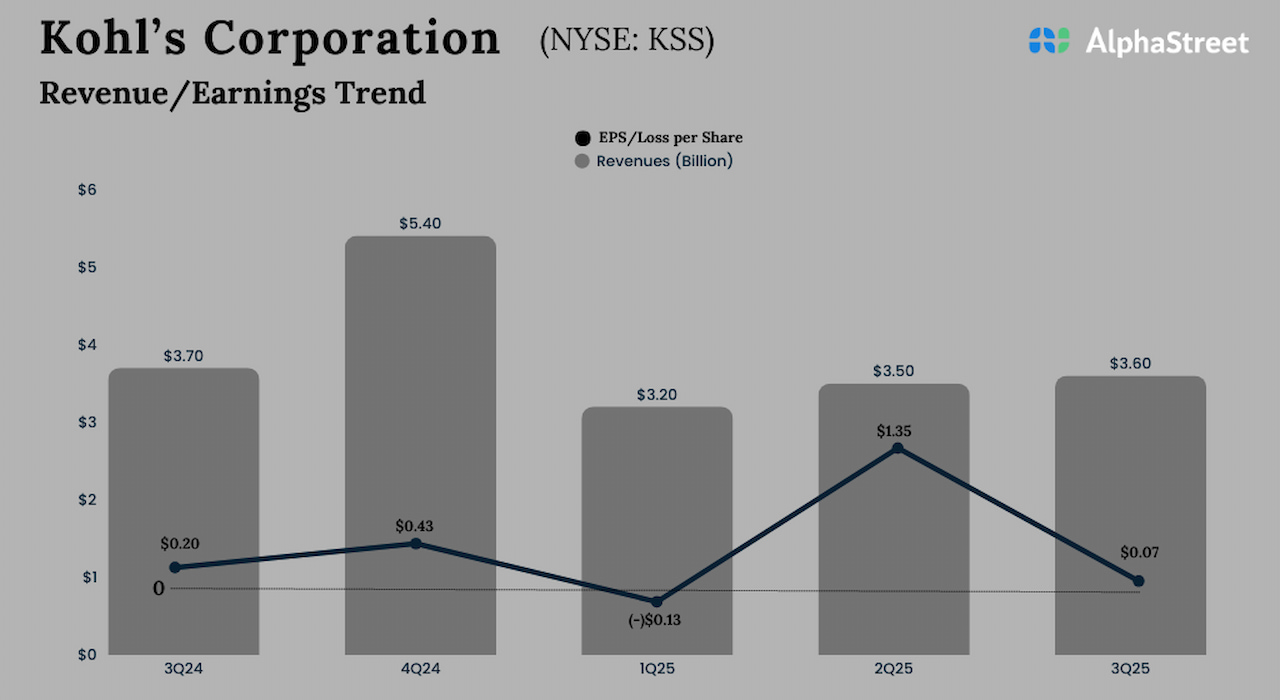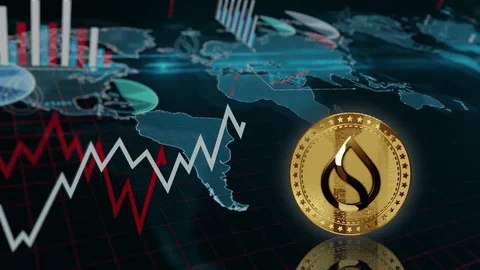LONDON/NEW YORK (Reuters) -U.S. President Donald Trump on Friday said he is calculating a massive increase in tariffs on Chinese imports, adding there was no reason to meet with President Xi JinPing in two weeks as planned, triggering a sell-off in the dollar.
China this week has tightened restrictions on exports of key rare earth materials and, separately, on Friday said it would impose extra port fees on U.S. ships from October 14.
MARKET REACTION:
STOCKS: US stocks fell sharply and the S&P 500 was last down 1.2% while the Nasdaq was last off 2.1%
BONDS: U.S. Treasury yields fell, with the yield on the benchmark U.S. 10-year note last down 8.3 basis points at 4.065%.
FOREX: The dollar index dropped 0.5% to 98.91.
COMMENTS:
GENE GOLDMAN, CHIEF INVESTMENT OFFICER AT CETERA INVESTMENT MANAGEMENT, EL SEGUNDO, CA:
“The news is a surprise because just in two weeks President Trump was going to meet Xi to talk about trade and markets were very optimistic.”
“The markets were fine this morning but with Trump saying that he’s going to massively increase tariffs on China and that he’s also not going to do the meeting in Korea that was supposed to take place with Xi in two weeks, this makes the markets jittery. It adds an additional risk.”
“With equities at high valuations this sell-off, is a sign of jitters. Everything is priced for perfection so the uncertainty increases market jitters. All of this adds uncertainty to economic growth. That’s why we’re seeing treasury yields fall. Oil is selling off too. Anything tied to the economy is weakening.”
JUAN PEREZ, DIRECTOR OF TRADING, MONEX USA, WASHINGTON:
“It sends a message of negativity. What markets, for the most part, and investors need is a little bit clearer guidance, especially when trying to figure out if the Federal Reserve is going to deliver what they want, which is 50 basis points slashed off the interest rate for the remainder of the year.”
“It brings, once again, to the table and to the spotlight that the United States is acting unilaterally to try to align trade and to try to get countries to align with trade. So ultimately, it does create a lot of negativity for the U.S. economy. It creates doubt about, where is this all going? What is the purpose? Is China really going to have to be very retaliatory moving forward in order to get the United States to negotiate better? So it creates a lot of doubt.”
CHRIS SCICLUNA, HEAD OF RESEARCH, DAIWA CAPITAL MARKETS, LONDON:
“It’s difficult to know how to respond to this (the Trump comments). The temptation, given what’s happened since the start of the year and the resilience of markets, is to fade these announcements and take this with a pinch of salt what he’s saying. We’ll have to see what the substance is.”

























